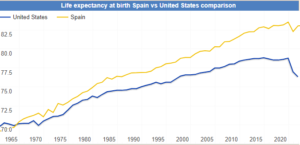
Health Insurance and Life Expectancy in Spain 2026
Health Insurance and Life Expectancy in Spain Vs. The States: Spain’s Exceptional Life Expectancy: Key Factors Spain consistently ranks among

Barcelona is a fantastic place to buy—but small mistakes can get expensive fast. Below is a practical, street-level guide to the most common buyer pitfalls we see in the city, plus how to avoid them. It’s written for expats and cross-border buyers who want a smooth path from offer to notary.

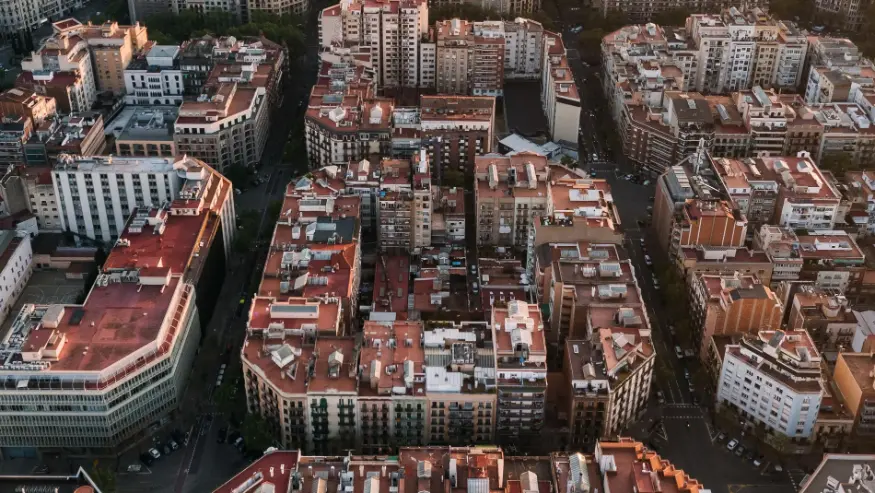
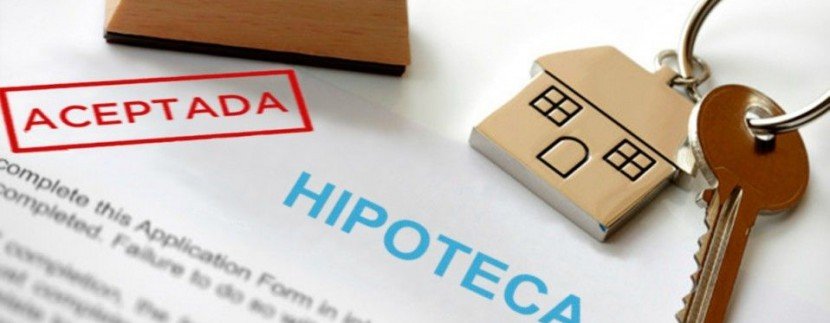
I love helping buyers avoid unforced errors. In Barcelona, success usually comes down to good prep (NIE + bank), clean contracts, sober due diligence on the building, and realistic assumptions about costs and rentals. Get those right, and notary day is just signing and smiles.
Yes—your NIE is the foreigner tax ID used for the deed, taxes, and utilities. See our guide: NIE number Spain.
As a rule of thumb, allow roughly 13–14% on top of the price (varies by new vs. used, financing, and notary/registry fees).
Tourist licenses are highly restricted. Most investors focus on mid-term or long-term rentals and underwriting conservative yields.
It’s the private reservation/deposit contract that sets price, deadlines, and penalties/conditions before notary. Make sure a buyer-side lawyer drafts or reviews it.

Health Insurance and Life Expectancy in Spain Vs. The States: Spain’s Exceptional Life Expectancy: Key Factors Spain consistently ranks among
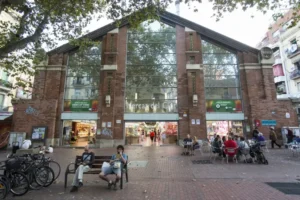
Buying a home in El Clot El Clot, Barcelona — Living & Investing Guide (2025) El Clot Barcelona sits inside
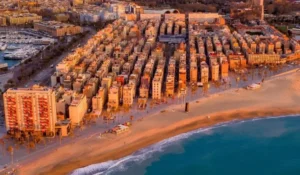
Buying a home in Barceloneta Barceloneta: Fun to Visit, Tricky to Call Home (Sometimes) Quick links Overview & why people
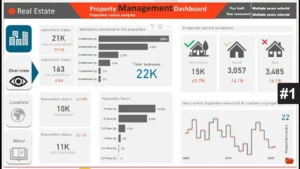
Best Barcelona Neighborhoods for Long-Term Rental ROI (2026) If you’re comparing the best neighborhoods in Barcelona for rental investment, start

Where to Live for the Best International Schools in Barcelona (Areas & Commute Times) Relocating with kids? This guide maps
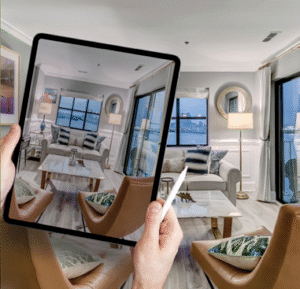
Barcelona Home Hunter · Remote Buyer Service Virtual Private Home Tour in Barcelona (2026) Can’t fly in yet? Our Virtual
You cannot copy content of this page
WhatsApp us